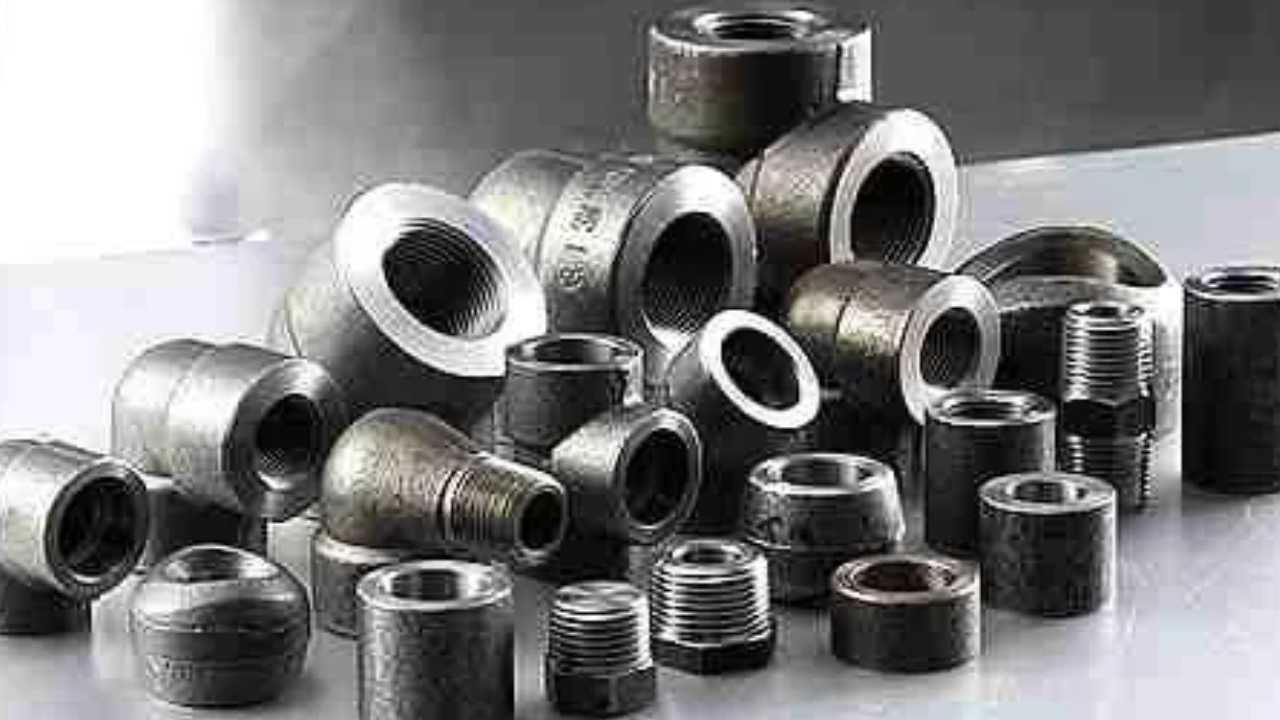A company that makes forged components for a variety of industries is known as a forging supplier. Manufacturing suppliers commonly have a comprehension of the technique for fashioning, which includes molding metal through restricted compressive powers with the utilization of either a mallet or biting the dust.
Parts made by these companies, which use metal, aluminum, titanium, and alloys, provide superior energy, durability, and fatigue resistance to those made by other manufacturing methods. They may provide customized forging answers based totally on patron specifications, ensuring precision, first-class quality, and adherence to enterprise standards. forging suppliers play an essential function inside the supply chain by generating critical additives utilized in machinery, automotive, aerospace, and other sectors.
Can Forging Suppliers Produce Custom Components?
Yes, forging suppliers can produce custom elements in step with particular requirements. They normally can create bespoke components with the aid of utilizing various forging strategies, such as open die, closed die, or affect die forging. This adaptability permits them to manufacture parts tailored to specific dimensions, shapes, and material properties by using the consumer. Custom forging services regularly include consultation to make sure the very last product meets the client's actual specs and fine requirements.
Kinds of Materials Are Used By Forging Suppliers
Forging suppliers work with a selection of materials, each selected for its specific residences and unique programs. The most common materials used in forging include
Carbon Steels
Carbon steels are broadly used in forging due to their balance of energy, ductility, and hardness. They vary in carbon content, influencing their mechanical properties. Low-carbon steels provide incredible ductility, medium-carbon steels provide better energy and hardness, and high-carbon steels are extraordinarily robust and wear-resistant, ideal for cutting gear, and are derived.
Nickel Alloys
Nickel combinations are recognized for their exceptional mechanical properties, high-temperature strength, and corrosion resistance. Nickel is regularly the essential part, which is oftentimes joined with steel, molybdenum, and different metals. These alloys are critical in industries requiring resistance to extreme environments, including aerospace, chemical processing, and marine programs. Nickel alloys also provide awesome weldability and formability, making them versatile for complicated additives and worrying engineering challenges.
Stainless Steels
Stainless steels are famous for their corrosion resistance because of their vast chromium content, which is regularly mixed with nickel. They provide notable durability, power, and resistance to rust and staining, making them perfect for a huge variety of applications, from kitchenware to clinical contraptions and industrial systems.
Magnesium Alloys
Magnesium alloys are valued for their highly low density, making them one of the lightest structural materials to be had. They offer top mechanical properties, such as power and stiffness, while ultimately being lightweight. Those alloys are generally used in applications where weight reduction is important, which includes automotive parts, aerospace additives, and transportable electronic devices. Magnesium alloys also exhibit appropriate machinability and remarkable thermal conductivity, contributing to their versatility in numerous engineering applications.
Aluminium Alloys
Aluminum alloys are prized for their mild weight, corrosion resistance, and true mechanical properties. Normally composed of aluminum, they often contain factors like copper, magnesium, silicon, and zinc to enhance their strength and workability. These alloys are appreciably used in aerospace, automobile, and construction industries, where decreasing weight without compromising power is vital. Aluminum alloys additionally provide first-rate thermal and electrical conductivity, making them suitable for various applications.
Conclusion
Forging suppliers work with diverse materials, each selected for its unique properties, to fulfill specific utility needs. From the energy of carbon and alloy steels to the corrosion resistance of stainless steels, the lightweight advantages of aluminum alloys, and the conductivity of copper alloys, every material gives tailored solutions for numerous industries, ensuring sturdiness and overall performance.


